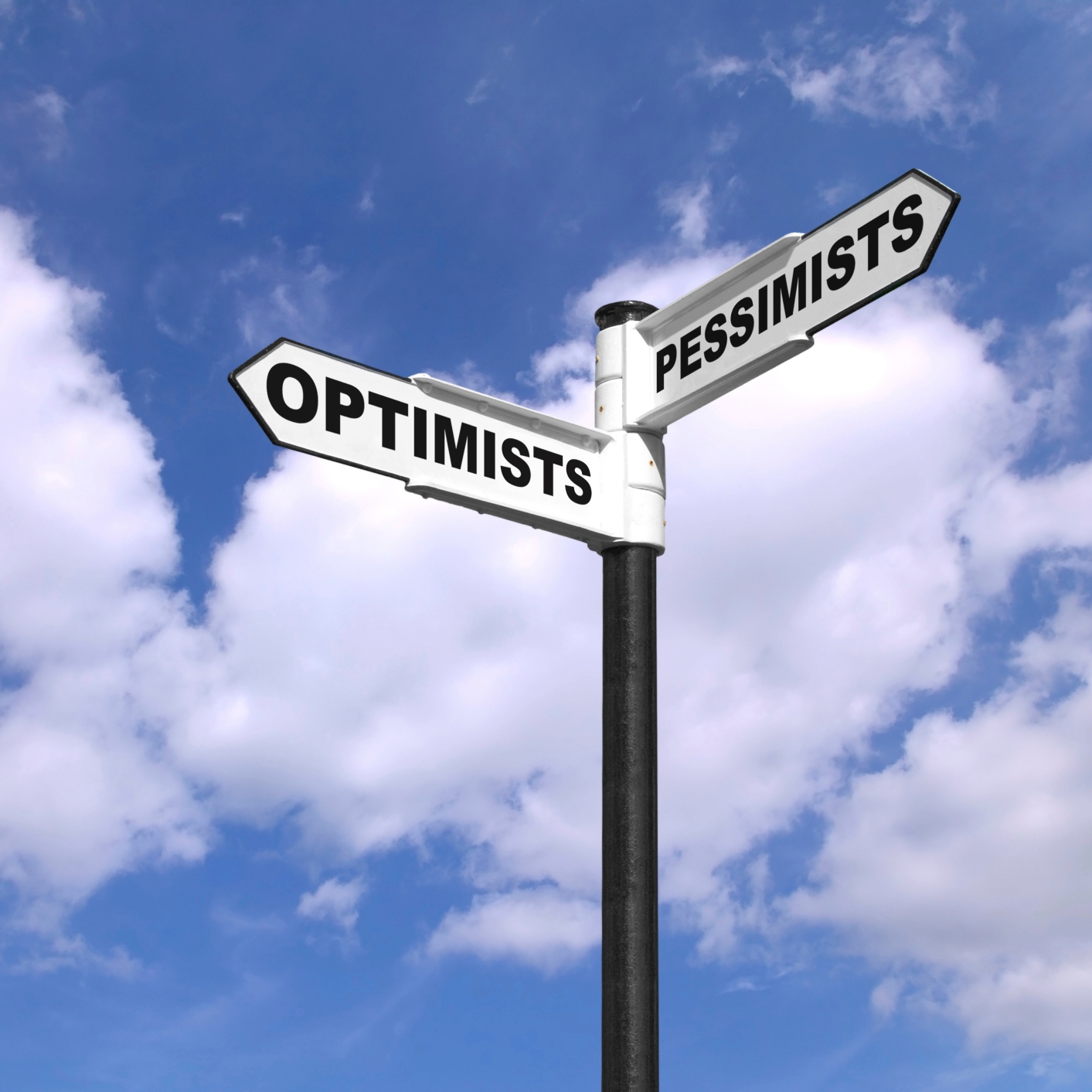
The Conference Board has released its Consumer Confidence Index for the month of February. By the tone of the headline, you might expect that things got worse. After posting a slight gain in January, the index declined in February.
February’s reading fell to 92.2, down from 97.8 in January. That 97.8 was also revised from a prior reading of 98.1, and Bloomberg’s consensus Econoday was actually up at 97.2. So instead of a tiny stabilizing drop, the decline was much worse than expected.
One thing that may have skewed this report was that the cutoff date for the preliminary results was February 11. This date matters because the Dow’s monthly low of 15,503 was on that date and was testing support of 15,450 as the low set in January.
The Conference Board showed that the Present Situation Index declined from 116.6 to 112.1 (4.5 points), but the Expectations Index fell from 85.3 to 78.9 in February (6.4 points). What that means is that the larger drop was from the expectations for the coming six months or so — and that reading was very far south. Consumers’ assessment of present-day conditions declined in February. Their appraisal of the labor market was also less positive. As pointed out above, consumers were more pessimistic about the short-term outlook than in January. An overall outlook for the labor market was less optimistic. The key points were listed as follows:
- The percentage saying business conditions were “good” decreased from 27.7 percent to 26.0 percent.
- Those saying business conditions are “bad” increased from 18.8 percent to 19.8 percent.
- Those claiming jobs are “plentiful” decreased from 23.0 percent to 22.1 percent.
- Those claiming jobs are “hard to get” rose to 24.2 percent from 23.6 percent.
- The percentage of consumers expecting business conditions to improve over the next six months declined from 15.9 percent to 14.6 percent.
- Those expecting business conditions to worsen increased from 10.7 percent to 12.0 percent.
- Those anticipating more jobs in the months ahead decreased from 13.4 percent to 12.2 percent.
- Those anticipating fewer jobs increased slightly from 17.0 percent to 17.2 percent.
- The proportion of consumers expecting their incomes to increase declined from 18.6 percent to 17.2 percent.
- The proportion expecting a reduction in income increased from 10.7 percent to 12.5 percent.
The Conference Board said:
Consumer confidence decreased in February, after posting a modest gain in January. Consumers’ assessment of current conditions weakened, primarily due to a less favorable assessment of business conditions. Consumers’ short-term outlook grew more pessimistic, with consumers expressing greater apprehension about business conditions, their personal financial situation, and to a lesser degree, labor market prospects. Continued turmoil in the financial markets may be rattling consumers, but their assessment of current conditions suggests the economy will continue to expand at a moderate pace in the near-term.
Take This Retirement Quiz To Get Matched With A Financial Advisor (Sponsored)
Take the quiz below to get matched with a financial advisor today.
Each advisor has been vetted by SmartAsset and is held to a fiduciary standard to act in your best interests.
Here’s how it works:
1. Answer SmartAsset advisor match quiz
2. Review your pre-screened matches at your leisure. Check out the
advisors’ profiles.
3. Speak with advisors at no cost to you. Have an introductory call on the phone or introduction in person and choose whom to work with in the future
Take the retirement quiz right here.
Thank you for reading! Have some feedback for us?
Contact the 24/7 Wall St. editorial team.



